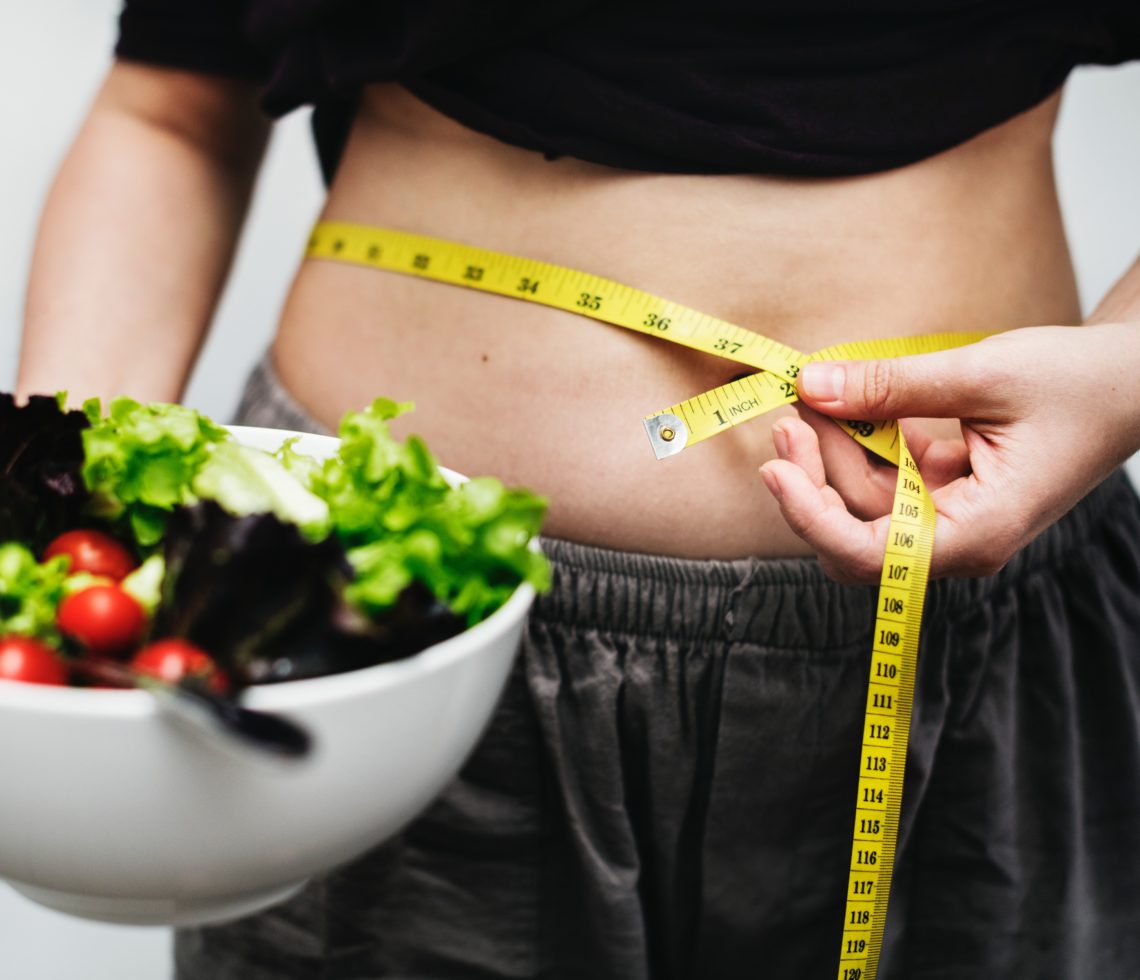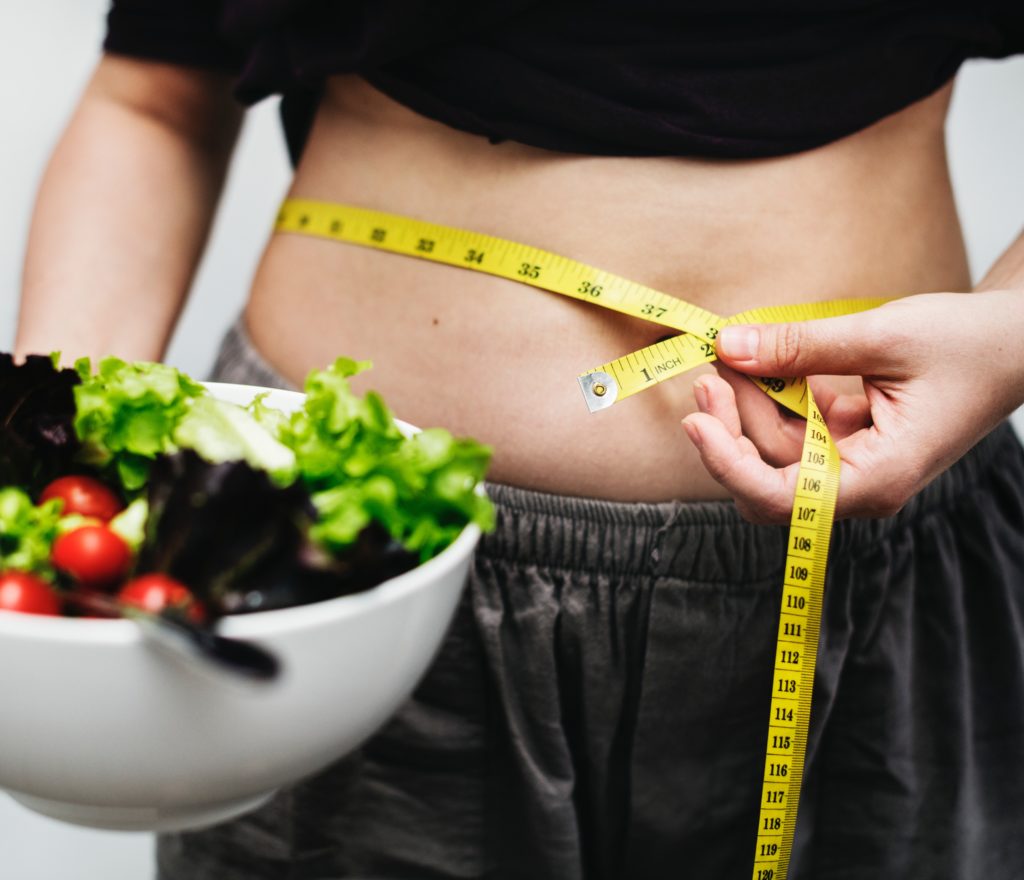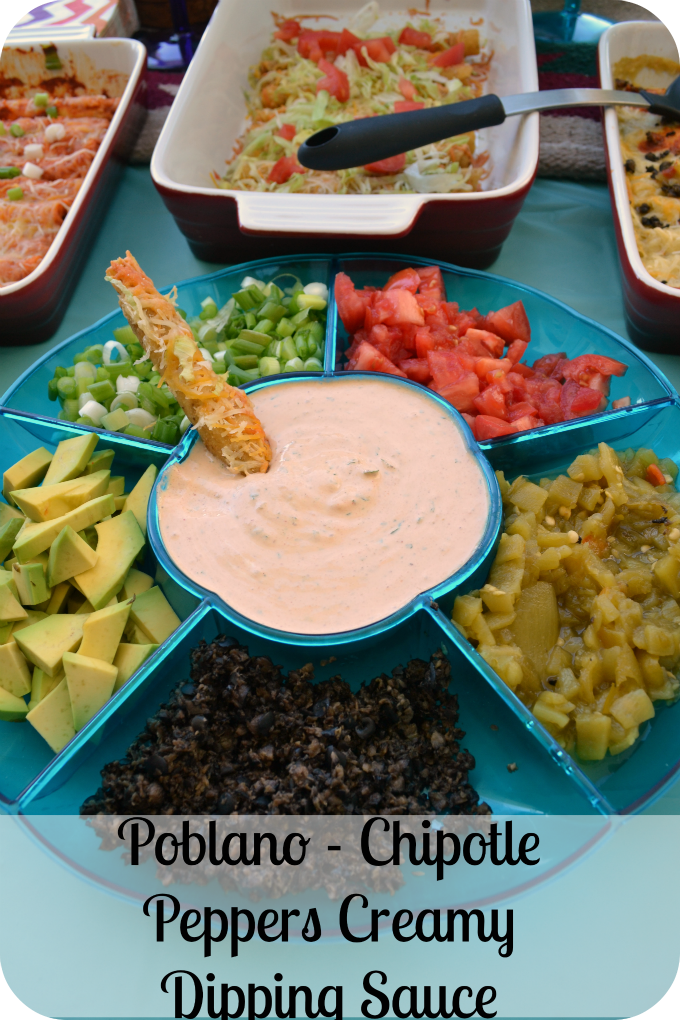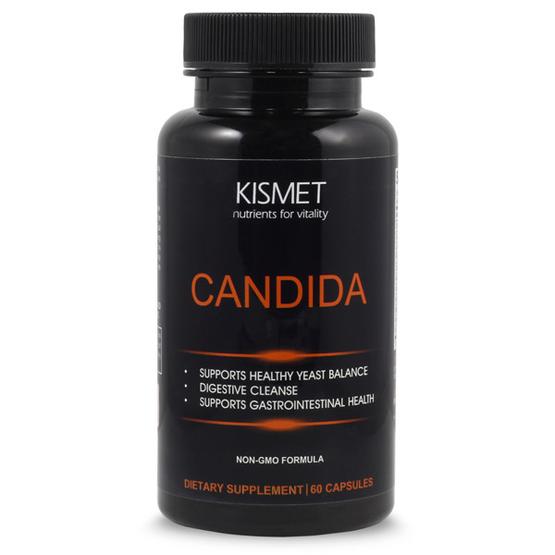
Nutritional Tips
Skip the Scams: Nutritional Tips That Are Actually Science-Based
Finding good information about nutrition is difficult. There are so many diets out there that insist that their way is the ‘right way’ to eat. And most of them contradict each other!

Most of the popular diets you hear about all the time – like Keto, Paleo, Atkins, macro-nutrient, and Whole30 – aren’t really based on real science. They take a bit of scientific fact and then build a philosophy around that. And none of these diets take into account the fact that everyone’s body is different and needs different things.
The bottom line is that most of these diets don’t work for most people. In fact, research shows that diets for weight loss don’t really work at all.
So, if diets aren’t based in science and don’t really work, then how are we supposed to eat for optimal health? Here are some simple, science-based nutritional tips that are easy to follow and work for everybody.
1. Eat Healthy Fats
Fat has gotten a terrible reputation over the years. Many people associate eating fat with getting fat, but this isn’t how our bodies work at all. In fact, our bodies need fat in order to be able to function properly.
Fat is essential for proper organ function, helps your cells grow, and is a key component in hormone production. Without enough fat in your diet, your body will start to break down.
You’ve probably heard that there are good dietary fats and bad dietary fats. Good dietary fats include monounsaturated fats and polyunsaturated fats. Bad fats include trans fats and saturated fats, though you do need some saturated fats as well.
When it comes to fats, it’s all about choosing the healthier ones more often and eating the unhealthier ones in moderation.
What foods contain good fats? Avocados, fish, nuts, cheese, and eggs including the yolk are all great sources of good fats. Adding these foods to your diet regularly ensures that your body is getting the good fats it needs to function properly.
2. Eat Lots of Protein
One thing nutritionists unanimously agree on is the importance of protein. No matter what dietary guidelines you choose to follow, you should be choosing foods that provide a lot of protein.
Protein is used for almost every process that keeps our bodies functioning. It’s used to repair tissue, build muscle, and to produce cells, hormones, and enzymes. Protein is also the main component in our hair, nails, and bones. Without enough protein, everything begins to break down and our bodies become susceptible to disease and injury.
Getting enough protein doesn’t have to mean that you’re eating meat all the time. In fact, reducing the amount of meat you’re eating on a weekly basis has been shown to have health benefits. Vegan and vegetarian diets are rich in protein as well as long as you’re consuming plant-based proteins.
So, what can you eat to get lots of protein? Obviously lean meats like chicken, turkey, and lean beef and seafood are great sources of protein. Eggs, milk, and cheese are also protein-rich. For people looking to get their protein from plant-based sources, beans, soy products, nuts, and legumes are all fantastic sources of protein.
Eating lots of protein also keeps you fuller for longer, so you’ll be less likely to head to the pantry for a snack just an hour or two after eating.
3. Eat Fruit and Vegetables Every Day
We all know that fruits and vegetables are part of a healthy diet. But a whopping 90% of us don’t eat the daily recommended amount of fruits and vegetables. In fact, most of us don’t eat anywhere near enough fruits and vegetables.
Fruits and vegetables are the best sources for the vitamins and minerals that provide the building blocks for all our bodily systems and functions. Consuming these vitamins and minerals in the form of fruits and vegetables is better than taking a multivitamin because the body processes everything better when it’s consumed as food.
Fruits and vegetables are also a great source of fiber, which is crucial for gut health and helps keep you fuller for longer.
Eating fruits and vegetables, even if it’s just a couple of servings of each, every day is the easiest way to improve your eating habits. When you eat more fruits and vegetables you reduce your risk for diabetes, cardiovascular disease, and even cancer.
If you are struggling with any of these diseases, eating more fruit and vegetables can help. Along with taking your prescribed medications, of course. Looking for a better way to get your prescriptions? Check it out!
Looking for some easy ways to add more fruit to your diet? Buy mixed frozen fruit that can be quickly blended into a delicious smoothie. Grab a drink that’s chock-full of fruits and veggies. Use veggie pasta instead of grain-based pasta.
Make actively seeking out plant-based substitutes for your favorite ingredients a priority to easily add more fruits and veggies to your daily diet.
4. Stay Hydrated
About 60% of the human body is made up of water. And the human body easily loses water during daily activities, especially during exercise. When we don’t replace all that water, our bodies can’t function properly. If you’ve ever been dehydrated, you know just how miserable your body feels without enough water.
So, it makes sense that staying hydrated is a major part of nutritional health. Water helps clean out the body by contributing to proper kidney and liver function. It also helps cell and blood production, aids in digestion, regulates our body temperature, and lubricates our joints.
Make sure that you’re getting at least 64 oz of water each day to help your body be its best.
5. Eat Foods You Enjoy
Food is so much more than nourishment. Food is intrinsically tied to pleasure. We savor the taste of food. We enjoy food with others to build community. Food is about enjoyment as much as it’s about nourishment.
And that’s why diets are inherently impossible for us to stick to – they ask us to take the enjoyment out of food.
Diets label foods as ‘good’ and ‘bad.’ They tell us to cut out foods that we enjoy. Diets make us feel deprived, which leads us to overindulge, which leads to shame about food and eating. And shame about food and eating can lead to eating disorders, especially for young.
Part of a healthy diet is eating the things you want to eat, when you want to eat them. Of course, everything needs to be eaten in moderation. A few cookies instead of a package. A bowl of chips instead of a bag.
But cutting foods out entirely is unsustainable and misery-making. So don’t do it!
Following Science-Based Nutritional Tips
If you’re looking to eat healthier to be healthier, try rejecting the diet mindset. Following rigid rules about specifically what you can and can’t eat and when you can and can’t eat it doesn’t lead to a happy and healthy life. Following these simple, science-based nutritional tips is the best way to adjust your eating habits for optimal health.
For more practical suggestions about how to develop healthy eating habits, check out the Meal Prep section of our site.



